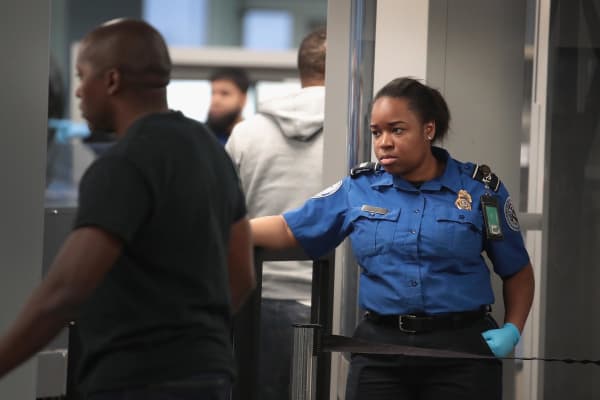Federal workers furloughed by the ongoing partial government shutdown have been bearing the brunt of the political standoff between President Donald Trump and Congress over funding for a border wall.
Those federal employees are feeling the squeeze on their wallets. As the stalemate drags into its third week, the impact may soon be felt by the wider U.S. economy.
The shutdown, which entered its 21st day Friday, began after Trump and Congress failed to pass a spending bill over the president's demand for $5.7 billion in funds for a border wall.
If it continues into Saturday, the shutdown would become the longest on record. In November 1995, a budget standoff between President Bill Clinton and House Speaker Newt Gingrich produced a five-day shutdown that ended when Congress passed a temporary spending bill. But the underlying disagreement remained unresolved, prompting a second shutdown that lasted 21 days. The final budget compromise included modest spending cuts and tax increases.
The impact of the latest shutdown is already being felt by more than 800,000 furloughed workers, who were supposed to be paid Friday and will not receive paychecks covering the past two weeks.
That represents a loss of more than $2.2 billion in consumer spending by workers from a wide range of government agencies, according to data from the Center for American Progress — a setback for the economy and for Trump, who has taken credit for the country's economic growth and low unemployment rate.





